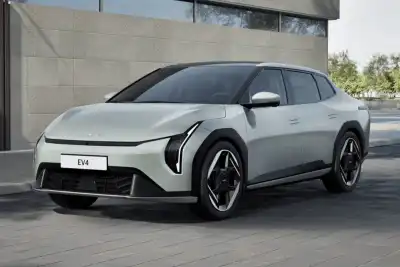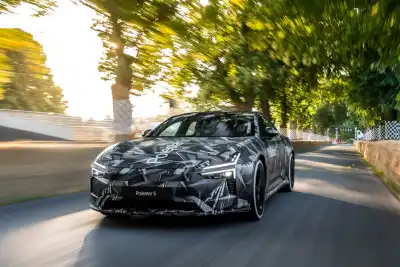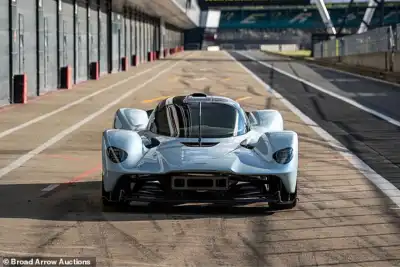
If you're cruising around in an electric car thinking you've dodged all the hassle of traditional motors, think again. A major survey has just thrown a spanner in the works for EV owners across the UK.
According to the latest What Car? Reliability Survey, which gathered insights from nearly 30,000 car owners, EVs had the highest breakdown rate of any fuel type. Yep, 16.8% of electric car drivers reported a breakdown in the past two years, compared to just 10.7% for petrol cars, 14% for hybrids, and 15% for diesels.
The survey, done with help from MotorEasy, found that overall 11% of drivers experienced a breakdown in the last two years. But EVs were the most likely to leave you stranded. Only 25% of broken-down EVs were fixed at the roadside, while a chunky 40% needed towing to a garage. Petrol cars had a better track record here, with 40% repaired on the spot and only 30% needing a tow.
It’s a blow for EVs, especially since a lot of people assume they’re more reliable than petrol or diesel. But AA boss Jakob Pfaudler backed the data, saying it's a “common misconception that EVs break down less frequently than petrol and diesel vehicles".
That said, diesels didn’t exactly come out looking great either. While fewer of them broke down than EVs, they were the most likely to develop some sort of fault. In fact, 31% of diesel owners reported an issue in the past year. Still, that’s a big improvement from 50% in 2022.
But it's not all bad news...
There’s one big win for EV drivers: they’re much more likely to get their repairs for free. A huge 89% of EV issues were fixed at no cost to the owner, and only 3% ended up forking out more than £1,500 to get back on the road.
Unsurprisingly, these findings have caused a stir. Some EV advocates are questioning the survey results and pointing to different data. Ben Nelmes, boss of EV consultancy New Automotive, said MOT failure rates might be a better way to judge reliability, and in most cases, EVs actually fail their MOTs less than petrol or diesel cars of the same age.
Ginny Buckley from EV advice site Electrifying also pushed back, saying the What Car? survey clashes with figures from breakdown service Start Rescue. According to them, EVs were 59% less likely to break down than petrol or diesel cars last year.
She added that when EVs do go wrong, it’s usually minor stuff, like tyres, wheels, or the small 12-volt battery, and not the kind of expensive engine problems you get with older petrol and diesel cars. That’s thanks to EVs having simpler engineering and fewer parts to go wrong in the first place.
EVs aren’t perfect – and right now, they’re breaking down more often than their fossil-fuel cousins. But it’s still early days for electric cars, and experts expect these issues to become less common as the technology matures. And if something does go wrong? Chances are, you won’t be the one picking up the bill.




